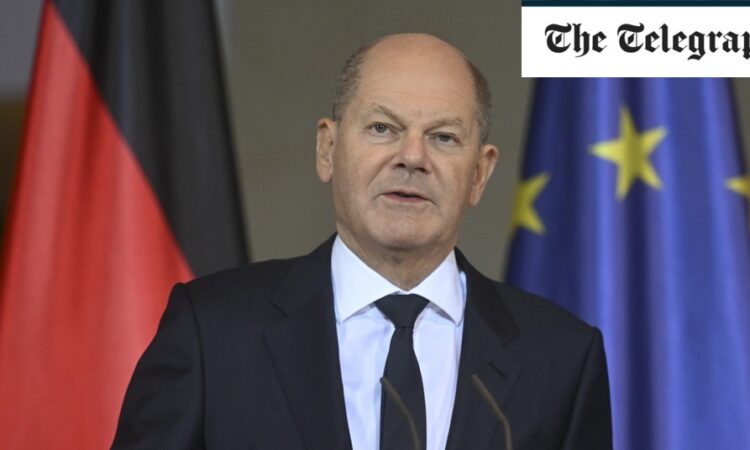
By this point some may be thinking that this is just indulging in schadenfreude. But no one should take any pleasure from Germany’s economic problems. It remains a key trading partner, with the crisis at the heart of the euro area going a long way towards explaining the renewed weakness of UK exports to the EU.
Others might say that it is unfair to compare the UK with Germany alone, given the particular problems that the latter is facing. Indeed, those wanting to talk up the relative performance of ‘Brexit Britain’ are often accused of “cherry-picking” weak data from Germany.
However, this misses two points. First, Germany is still the most important economy in the euro area, accounting for around a third of the bloc’s GDP (excluding Ireland’s dodgy data). Its problems have dragged down neighbours, notably Austria and the Netherlands. They have already been joined in recession by Denmark, Luxembourg, Sweden and (with the same caveat about the GDP data) Ireland.
Second, while Germany may be the ‘sick man of Europe’, other large EU economies are faring little better. In particular, France’s PMI data for January were even worse, with the manufacturing output index at a 44-month low, and fiscal space has been exhausted there too.
Both Germany and France are struggling with social unrest, including protests from farmers and others worried about immigration and the cost of living. And between them, the two economies account for around half of euro area GDP.
Some other EU members with different economic models are doing better, notably Italy, Spain and Greece – all of which have benefited from the recovery in tourism and related services after Covid. However, cracks are creeping in here too.
Italy’s economic growth has also been flattered by an unsustainable construction boom, fuelled by government subsidies and tax breaks.
Spain benefited last year from exceptionally low inflation due to relatively aggressive government intervention to keep energy prices down – something only a small economy could have done without distorting the entire European energy market. With the price of natural gas now much lower, that advantage has faded.
Whatever our own economic challenges – and there are many – the UK is at least starting the year on the front foot, while the EU is stumbling. Tying us ever closer to a failing economic bloc surely cannot be the best way forward.
Julian Jessop (@julianhjessop) is an independent economist






